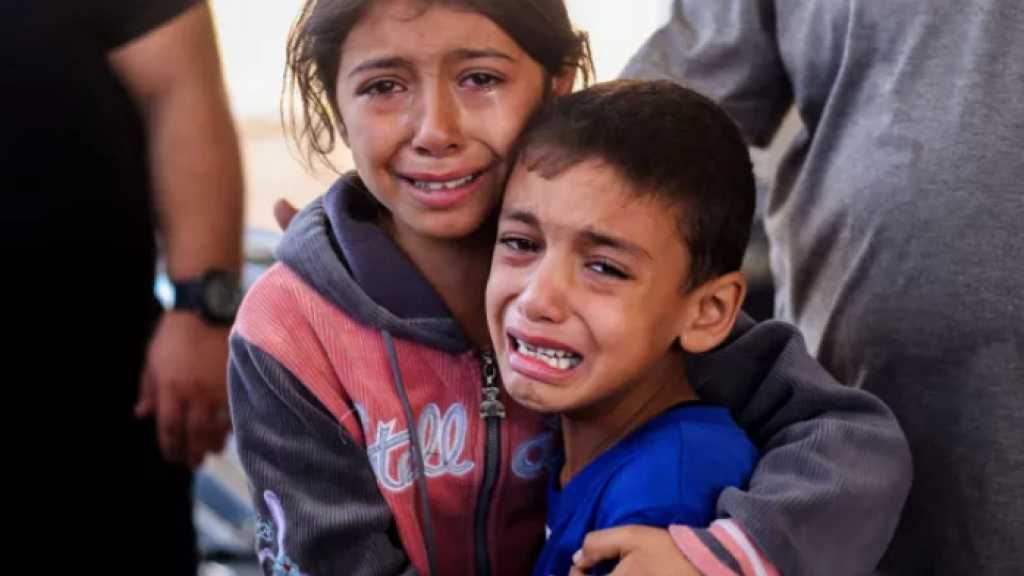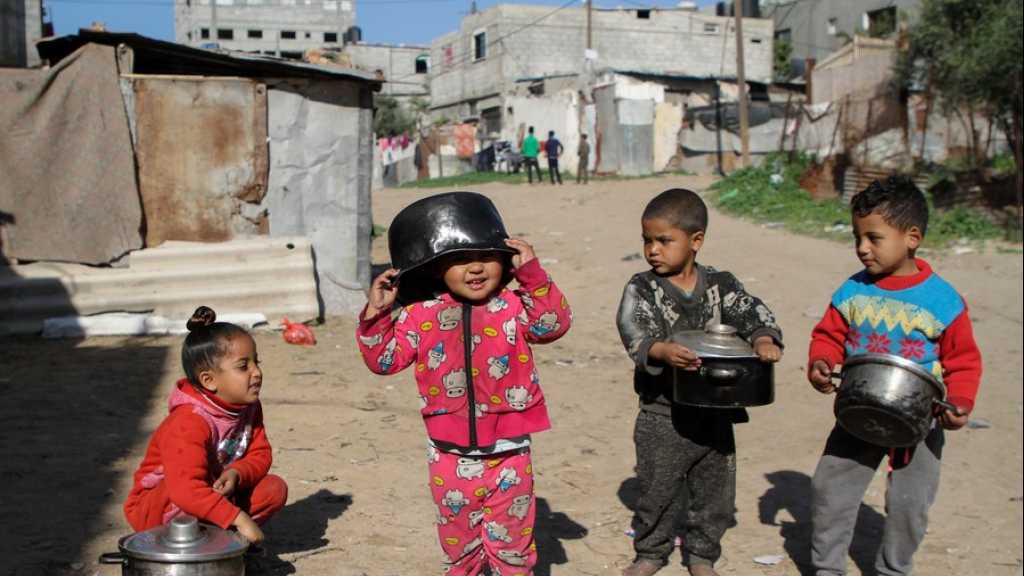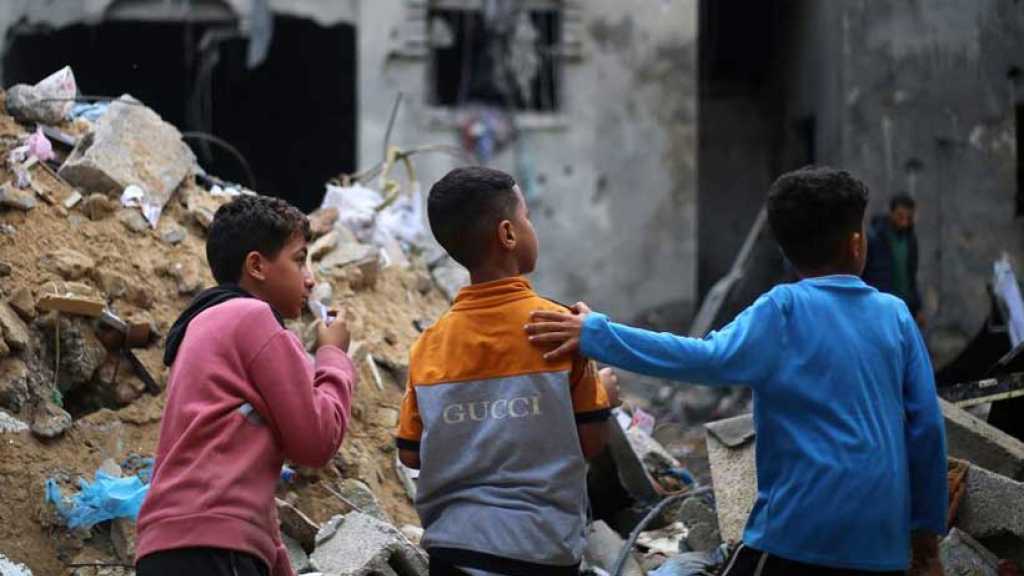
Hamas emerges from "Gaza-caust" defiant

By Mustafa Abu Sway
The latest phase in the history of the Zionist colonial project in Palestine is marked by the unprecedented brutality of "Israel's" military attacks on the Gaza Strip and by the nature of the war crimes that "Israel" is committing in an area that is still under its occupation and, therefore, under international law, an "Israeli" obligation to protect civilians.
These crimes include attacks on innocent civilians at UNRWA schools and institutions, medical personnel in their marked vehicles and children in the "safety" of their homes. The idea of spacio-cide, to borrow from Sari Hanafi's most recent article, while originally applied to the confiscation of Palestinian land and the creation of illegal colonies, could be extended to Israel's bombardment and destruction of the Palestinian parliament, private homes, mosques and universities in Gaza. Yet, it is "Israel's" illegal use of white-phosphorous weapons and the charred bodies of Palestinian children that prompted some to coin the term "Gaza-caust."
But beyond causing total destruction, killing more than 1,300 Palestinians and wounding more than 5,000 others, many maimed for life, "Israel" has failed to achieve any political goals. This is not the first time "Israeli" political leaders time their attacks to coincide with "Israeli" general elections. This is not the first time this scheme fails. Ehud Barak and Tzipi Livni, the supposed political beneficiaries of these atrocities, are still trailing behind Benjamin Netanyahu just a couple of weeks before the elections. As for Ehud Olmert, he could not wipe out his failure in Lebanon with a "victory" in Gaza; he has instead ensured that he enters the hall of shame because of the war crimes for which he is responsible. The world should make sure that he enters the appropriate halls at The Hague.
It would be naive to isolate the war on Gaza from previous developments, however. The larger picture necessitates mentioning David Rose's "The Gaza Bombshell," the Vanity Fair article of April 2008, which has the following introduction: "After failing to anticipate Hamas' victory over Fateh in the 2006 Palestinian election, the White House cooked up yet another scandalously covert and self-defeating Middle East debacle: part Iran-contra, part Bay of Pigs. With confidential documents, corroborated by outraged former and current US officials, the author reveals how President Bush, Condoleezza Rice and Deputy National-Security Adviser Elliott Abrams backed an armed force under Fateh strongman Muhammad Dahlan, touching off a bloody civil war in Gaza and leaving Hamas stronger than ever."
It should be mentioned that not all people in Fatah approved Dahlan's actions. Hani al-Hasan, for example, one of Fatah's prominent leaders, criticized Dahlan openly.
Nevertheless, when Dahlan's coup d'etat against Hamas failed, it became time for the "Israeli" military land, air and sea blockade of the Gaza Strip, a severe collective punishment that left 1.5 million Palestinians under the cruelest possible conditions in an open prison. Abdullah al-Ashal, a former assistant to the Egyptian foreign minister, asserted several times on Al-Jazeera and other TV channels, two days after "Israel" launched its war on Gaza, that Palestinian Authority President Mahmoud Abbas requested the closure of the Rafah border crossing.
This phase, that of the siege, aimed at turning the people of Gaza against Hamas, but to no avail.
The failure of the siege on Gaza, at least partially due to the hundreds of tunnels under the Gazan border with Egypt, brought about the latest phase, the war. The war on Gaza was prepared for the last six months. Therefore, it had nothing to do with the end of the tahdiyeh (truce) that "Israel" anyway violated.
Yet, after more than three weeks of bombardment, Hamas has emerged defiant and with greater global recognition, including in some Western countries. This could translate into a tougher negotiating position vis-a-vis "Israel".
A stronger Hamas might also cause increasing difficulties for internal negotiations with Fatah regarding the establishment of a national unity government, with the former likely to demand that the PA release Hamas prisoners and end security coordination with "Israel". This is why Yemeni President Ali Abdullah Saleh's new initiative calls for the involvement of more Arab and Islamic countries in negotiations between Hamas and Fatah.
Rebuilding Gaza, according to Sari Nusseibeh, is a "trap" for all Palestinian factions. He insists that focus should be on a comprehensive political solution. He does see hope in new US President Barack Obama. When the rebuilding of Gaza does take place, I would add, "Israel" should pick up the bill.



